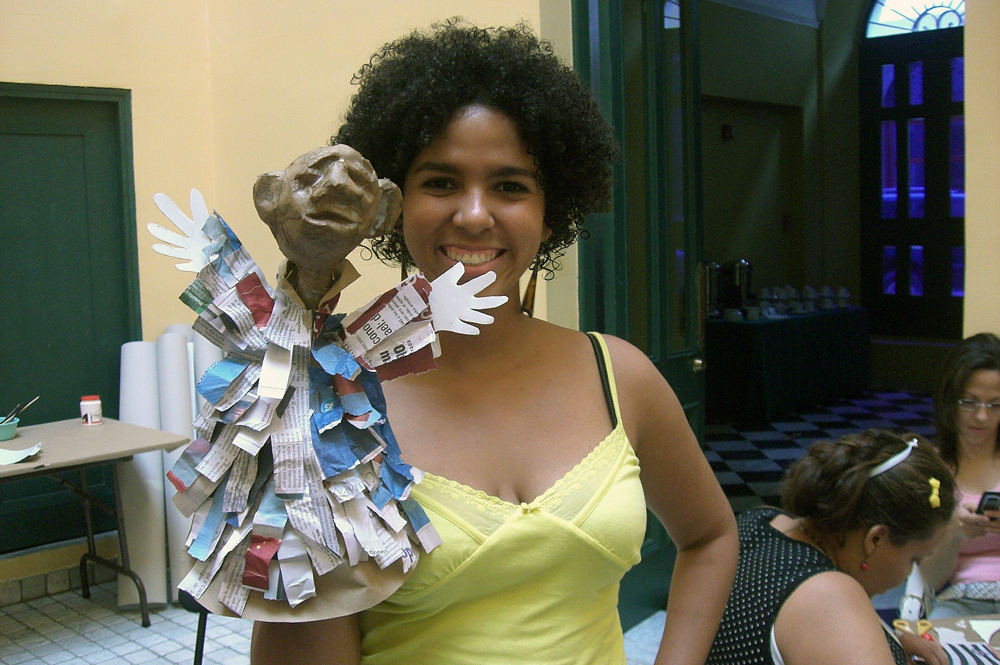The Per Poc company is open to collaborations with other artists and institutions. In the world of cinema, it has worked with director Terry Gilliam and with Italian documentary-maker Maite Carpio.
The company has developed a project for the Barcelona Consortium of Libraries based on the work Alí Bei, The traveller, using the paper theatre technique.
Per Poc brought to the stage the popular characters The Triplets, to commemorate 2002 The Year of Gaudí in Barcelona.
It adopted the tale of Joachim the Dustman, by Kurt Baumann. A musical that questions the consumer society, the environmental crisis on our planet and corruption in the world of politics.
The show Fragments is the origin of Per Poc, in which the traditional string puppet transports us to the world of the cabaret.
Another important aspect of Per Poc are its workshops aimed at promoting the world of puppets.
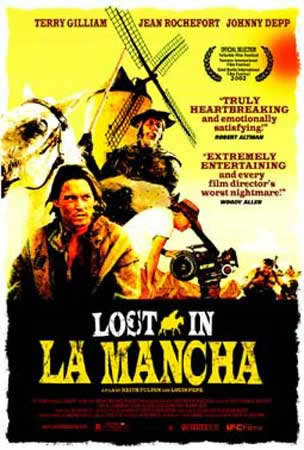
In 2000, the Per Poc company worked with the film director Terry Gilliam on the unfinished film, The Man Who Killed Don Quixote. Per Poc was responsible for the design and construction of the final scene where 1.8-m-high puppets fight Sancho Panza on horseback—played by Johnny Depp.
Part of this work can be seen in the documentary Lost in La Mancha by Keith Fulton and Louis Pepe.

In 2012 Per Poc collaborate with the italian film director Maite Carpio in her documentary film Jesus the man. This film,coproduced by RAI1 and TVE, approach the leading figure of Jesus from a historic point of view. All the dramatic scenes about Jesus and his life have been recreated by puppets. For this work, Per Poc has chosen puppets carve in wood.
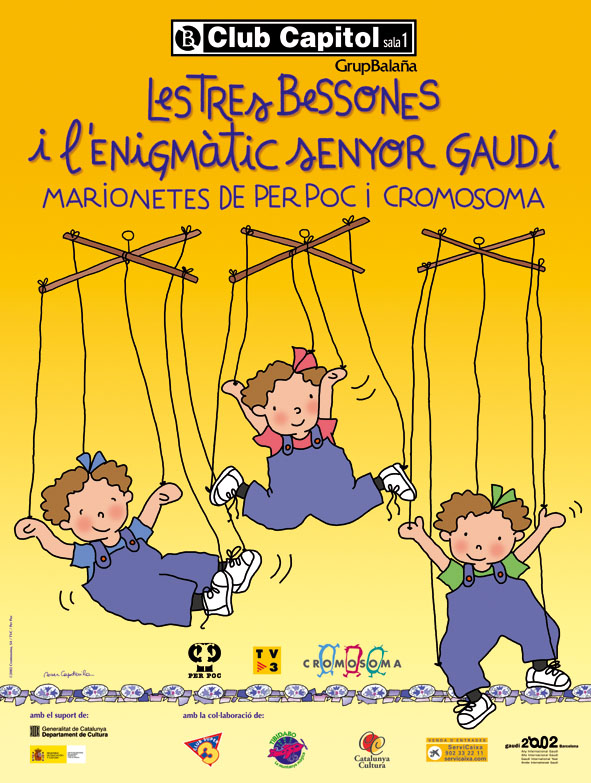
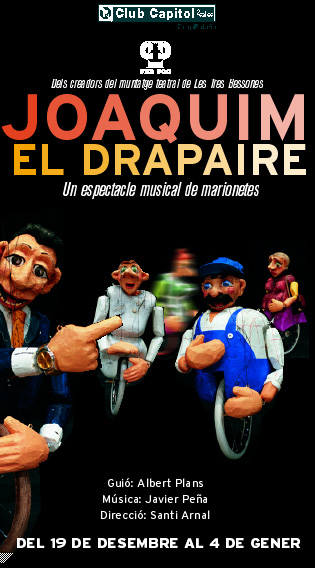
The city is a mess. People have lost their heads and keep throwing out rubbish with no thought to the consequences. Luckily, just as things reach a critical point, Joaquin the dustman appears.
Singing, running and “circulating”, the Per Poc puppet company presents “Joaquin the Street-Sweeper—a story that tells, with plenty of humour and plenty of music, how we have to deal with the problem of refuse.
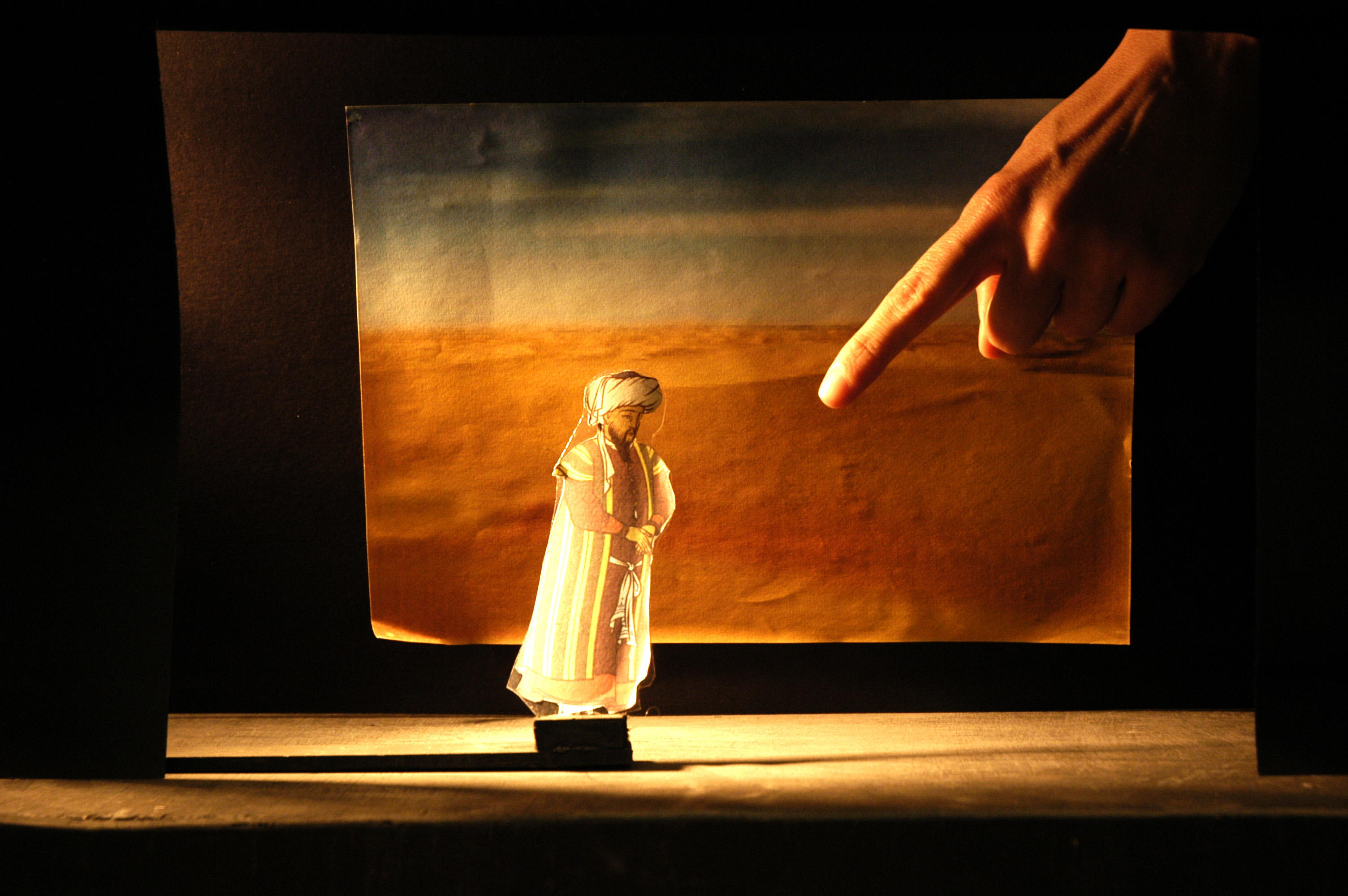
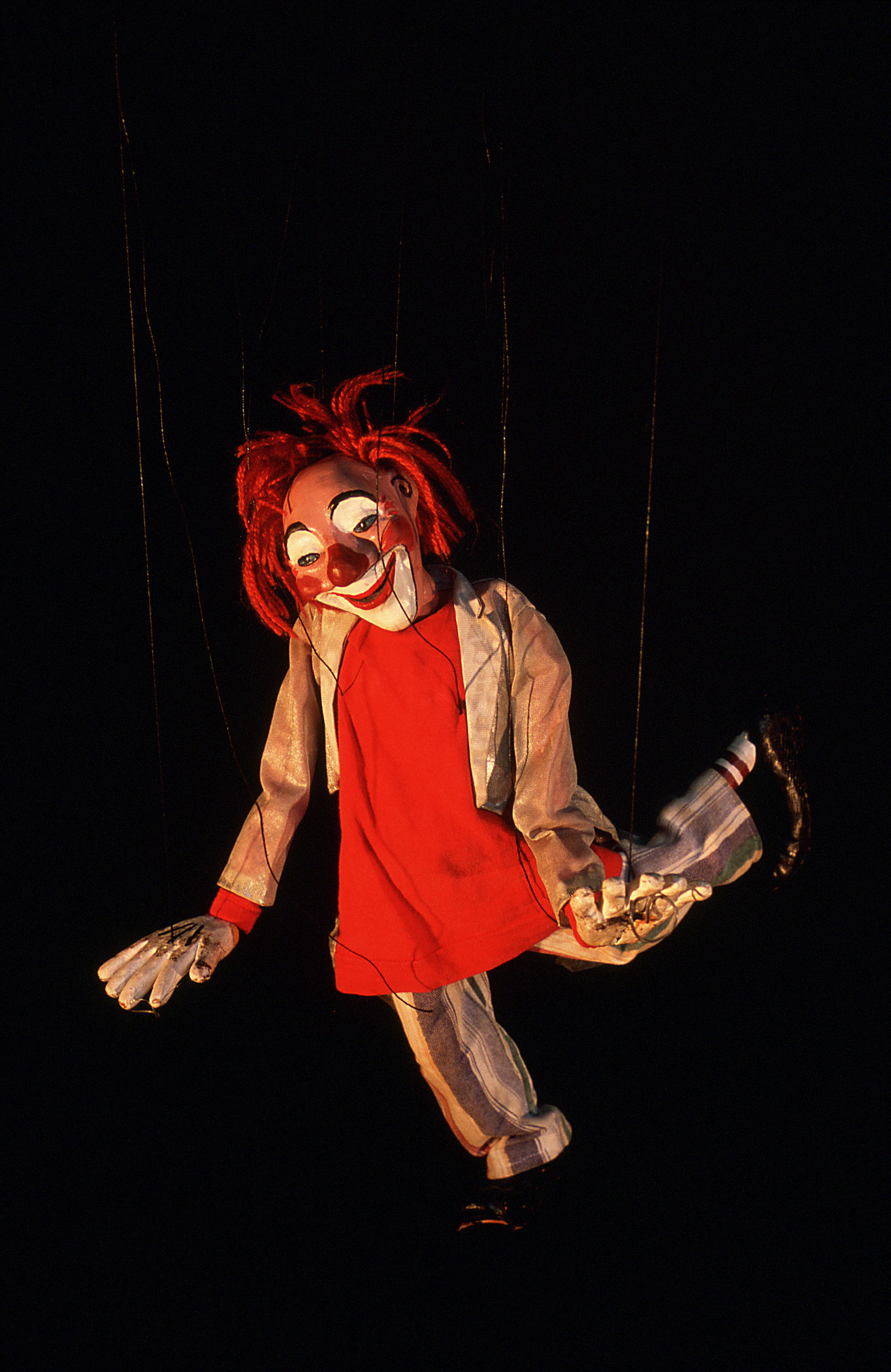
FRAGMENTS is an invitation to enjoy a characteristic small-formal genre: The world of string puppets.
This is a simple spectacle that shows a number of small stories and characters, adapting the gestural and communication codes of the music hall: Complicity with the audience, humour, fantasy and variety.
A sole actor-puppeteer presents a show on stage, where almost everything goes wrong: a pianist who turns up late, a clown who wants to be the centre of attention, a violinist who plays so aggressively that the violin strings snap, an orchestra conductor with no musicians and an innovative robot who travels in a sardine tin. These are some of the surprising characters in Fragments.
